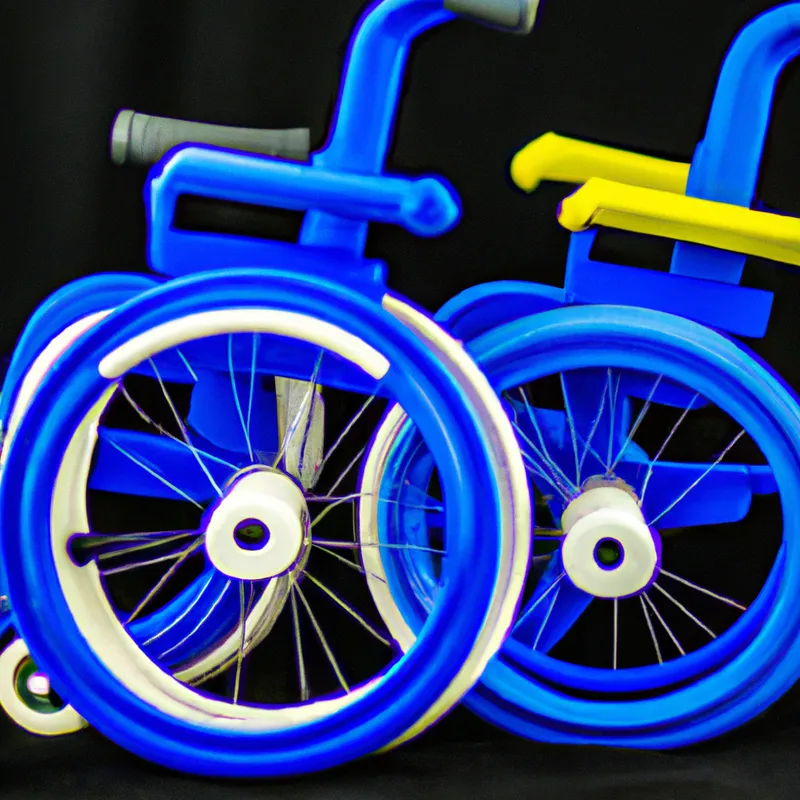Navigate the Legal Maze of Adaptive Sports
Understanding the Legal Framework Surrounding Adaptive Sports
Adaptive sports have gained attention, allowing individuals with disabilities to engage in physical activities. Understanding the legal framework benefits athletes, coaches, and organizations. This knowledge promotes inclusivity, accessibility, and fair play in adaptive sports.
The Importance of Legal Awareness
Legal awareness protects athletes’ rights and ensures equitable participation opportunities. Federal and state laws promote inclusivity and accessibility in sports. The Americans with Disabilities Act (ADA) prohibits discrimination based on disability and mandates equal access to programs and facilities.
The Individuals with Disabilities Education Act (IDEA) supports youth in adaptive sports. This law guarantees appropriate educational support, including physical education. Organizations can foster inclusive environments by understanding these laws.
Key Laws Impacting Adaptive Sports
Understanding relevant laws is vital for anyone involved in adaptive sports. Several key laws shape these activities.
The Americans with Disabilities Act (ADA)
The ADA, enacted in 1990, requires equal opportunities for individuals with disabilities. Public and private entities must provide accessible sports facilities and programs. Organizations should modify facilities, offer specialized equipment, and train staff to assist athletes. Compliance enhances reputation and encourages broader participation.
The Rehabilitation Act of 1973
The Rehabilitation Act prohibits discrimination against individuals with disabilities in federally funded programs. Many sports organizations depend on federal funding, making compliance essential. Organizations must ensure inclusivity and accessibility in their programs. This law also emphasizes reasonable accommodations, such as modifying rules or providing additional support.
The Individuals with Disabilities Education Act (IDEA)
IDEA mandates schools to provide appropriate services to students with disabilities. This includes physical education and sports opportunities. Educators and coaches can better support students by understanding IDEA. Support may involve tailored training, adaptive equipment, and collaboration with parents.
Section 504 of the Rehabilitation Act
Section 504 of the Rehabilitation Act promotes the rights of individuals with disabilities in sports. This section prohibits discrimination in any program receiving federal funding.
Conclusion
Understanding the legal framework surrounding adaptive sports fosters inclusivity and accessibility. Knowledge of key laws supports athletes and organizations in their efforts.
Below are related products based on this post:
FAQ
What is the Americans with Disabilities Act (ADA) and how does it impact adaptive sports?
The Americans with Disabilities Act (ADA), enacted in 1990, requires equal opportunities for individuals with disabilities in all areas, including sports. It mandates that public and private entities provide accessible facilities and programs. Organizations involved in adaptive sports must modify their facilities, offer specialized equipment, and train staff to assist athletes, ensuring compliance enhances their reputation and encourages wider participation.
How does the Individuals with Disabilities Education Act (IDEA) support youth in adaptive sports?
The Individuals with Disabilities Education Act (IDEA) guarantees appropriate educational support for students with disabilities, which includes opportunities for physical education and adaptive sports. By understanding IDEA, educators and coaches can better support these students through tailored training, adaptive equipment, and collaboration with parents, ensuring they have equitable access to sports activities.
What role does the Rehabilitation Act of 1973 play in adaptive sports organizations?
The Rehabilitation Act of 1973 prohibits discrimination against individuals with disabilities in federally funded programs, making compliance crucial for many sports organizations that rely on such funding. It emphasizes the need for inclusivity and accessibility in sports programs, requiring organizations to implement reasonable accommodations like modifying rules or providing additional support for athletes with disabilities.















Post Comment